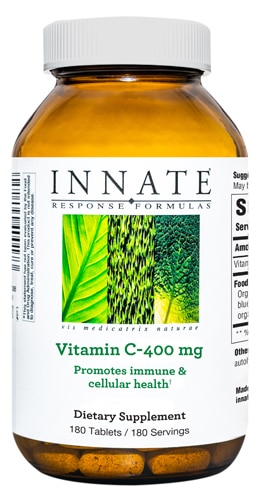Iron is a powerhouse mineral. In fact without enough iron, you simply can’t get adequate oxygen to all of your tissues. That’s because iron is a crucial component of hemoglobin, whose primary job is to deliver oxygen from the lungs to your entire body.
What happens if you have low iron levels?
When people are low in iron, they may experience daily symptoms that result from that impaired oxygen delivery, such as fatigue, a decreased ability to focus and mood changes.
Who should be on the lookout for low iron?
Iron deficiency predominantly impacts women. Specific populations at risk for not having enough iron stores include menstruating women, pregnant women, vegetarians and vegans, female athletes and blood donors. It’s important to check in with your doctor to evaluate your iron status so you can determine if you need to make an effort to increase iron take through diet and supplements.
If you discover that you do have low iron levels, here are some ways to replenish this vital mineral:
1. Eat more iron-rich foods
Iron in food comes in two main forms: heme iron and non-heme iron. Heme iron is found in meat, seafood and poultry. Non-heme iron is found in vegetarian food sources such as leafy greens, beans, dried apricots and raisins.
Dark chocolate also happens to be a good source of iron, providing 7 mg per serving--so the good news is that an occasional dark chocolate indulgence can actually help to fill the iron gap!†
2. Give your body a vitamin C boost
Nutrients often work together as a team, and iron and vitamin C are good teammates. Enhance your body’s iron absorption by getting a boost of vitamin C. Reach for healthy foods rich in vitamin C, including citrus fruits, broccoli, tomatoes, leafy greens and strawberries.
If you’re not able to incorporate these foods, a vitamin C supplement can also give you a boost.
3. Take a gentle iron supplement
Even with the best diet, women may not be able to meet their iron requirements if have low iron levels. In that case, a supplement may be indicated.
It's important to note: Iron supplements can often lead to unpleasant gastrointestinal side effects such as constipation and nausea, so it’s best to choose an iron supplement that is gentle and well-tolerated.
With a combination of a healthy diet and the right supplementation, women who are low in iron can meet their needs.
†These statements have not been approved by the Food and Drug Administration. These products are not intended to diagnose, treat, cure or prevent disease.
 Article contributed by Erin Stokes, N.D., Medical Director at INNATE Response. Dr. Stokes received her naturopathic doctor degree from Bastyr University in 2001. Shortly afterwards she began to pursue her passion for educating others by teaching Western Pathology and Psychology of Healing at Southwest Acupuncture College in Boulder, Colo. She combines her experience as a naturopathic doctor with an extensive background in the natural retail industry, most recently providing naturopathic consultations at an integrative pharmacy for over six years. Her personal mission is to empower people with the inspiration and tools to change their lives, and she is a frequent radio show and podcast guest. Dr. Stokes is a registered Naturopathic Doctor in Colorado, and lives with her family in Boulder, Colo.
Article contributed by Erin Stokes, N.D., Medical Director at INNATE Response. Dr. Stokes received her naturopathic doctor degree from Bastyr University in 2001. Shortly afterwards she began to pursue her passion for educating others by teaching Western Pathology and Psychology of Healing at Southwest Acupuncture College in Boulder, Colo. She combines her experience as a naturopathic doctor with an extensive background in the natural retail industry, most recently providing naturopathic consultations at an integrative pharmacy for over six years. Her personal mission is to empower people with the inspiration and tools to change their lives, and she is a frequent radio show and podcast guest. Dr. Stokes is a registered Naturopathic Doctor in Colorado, and lives with her family in Boulder, Colo.




